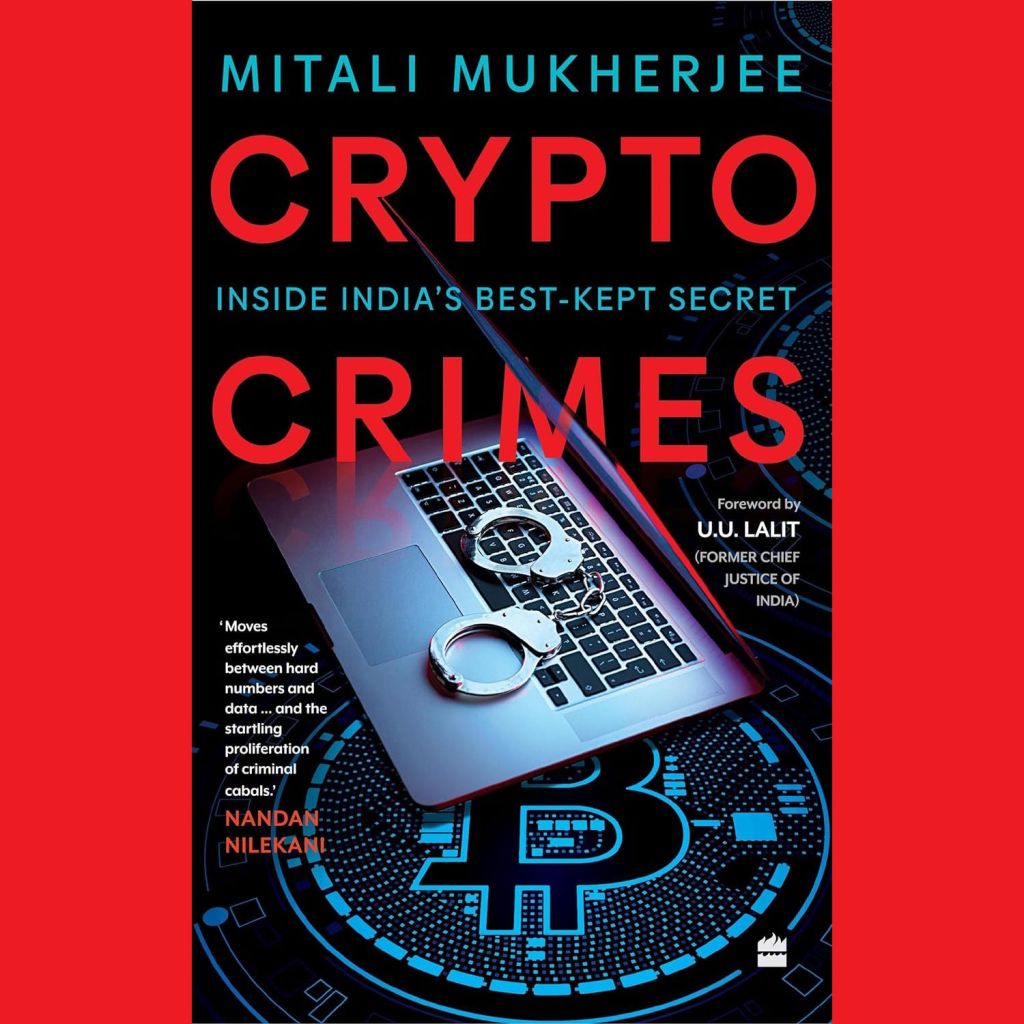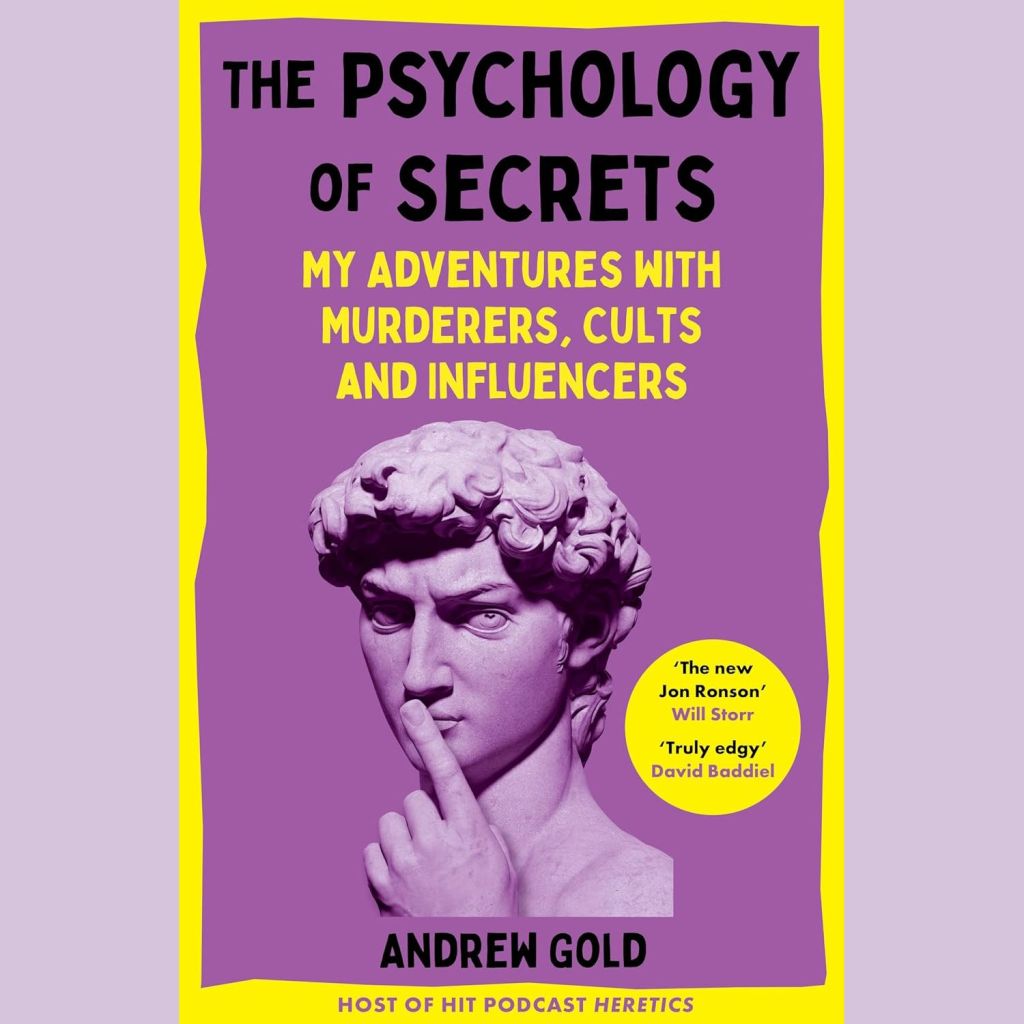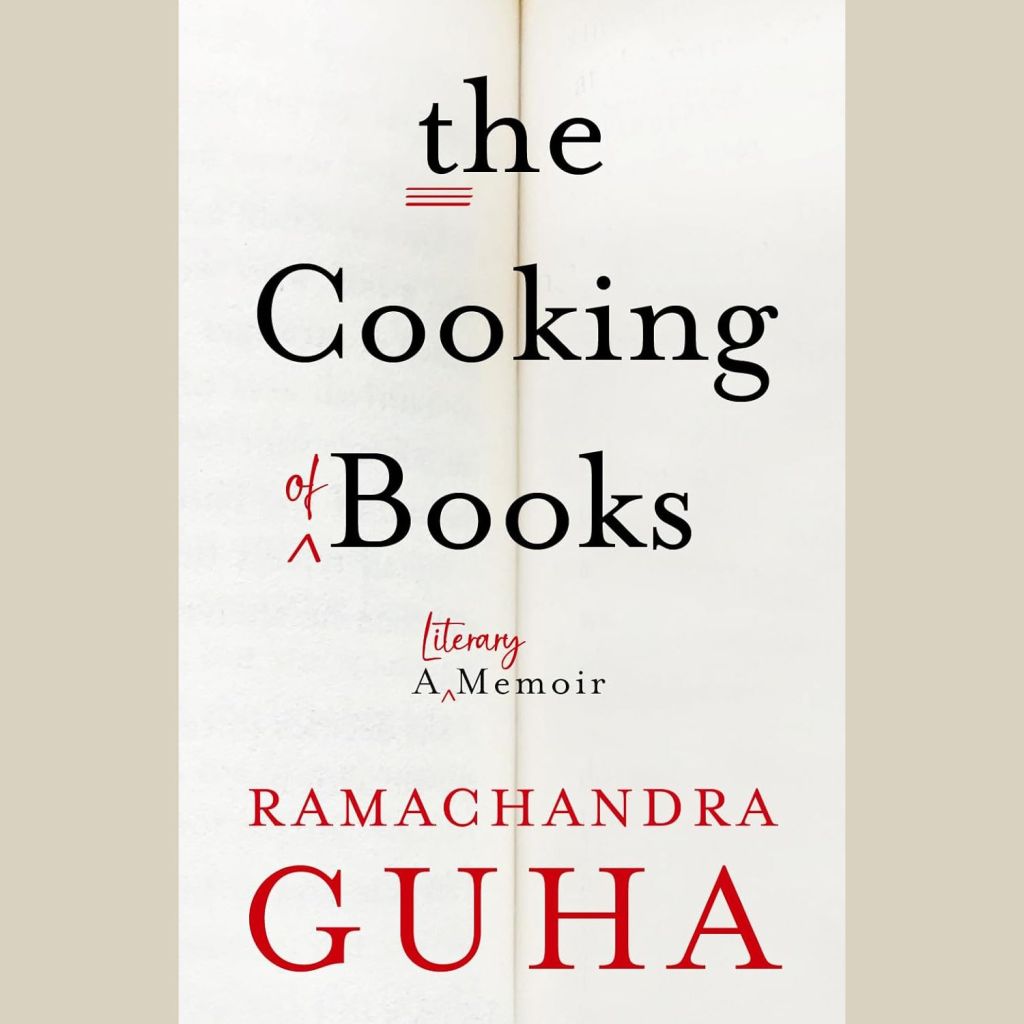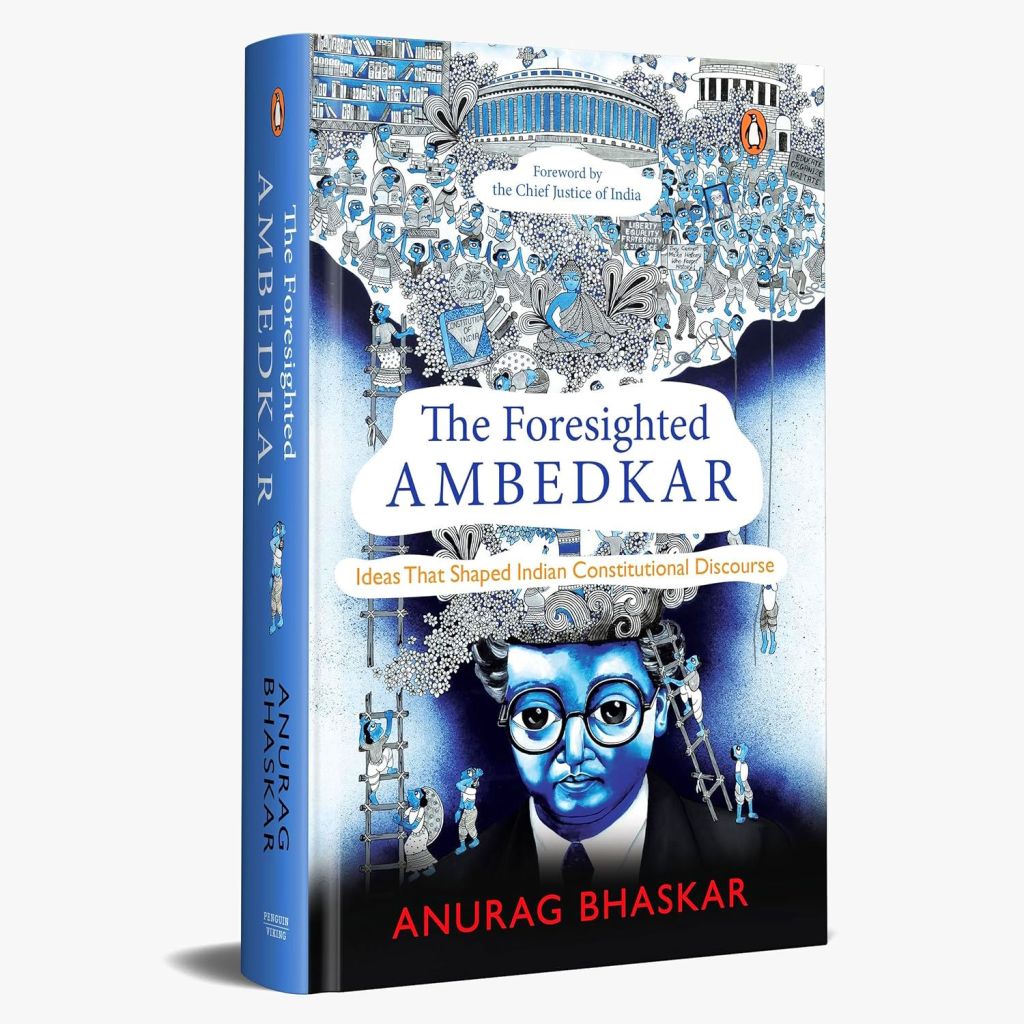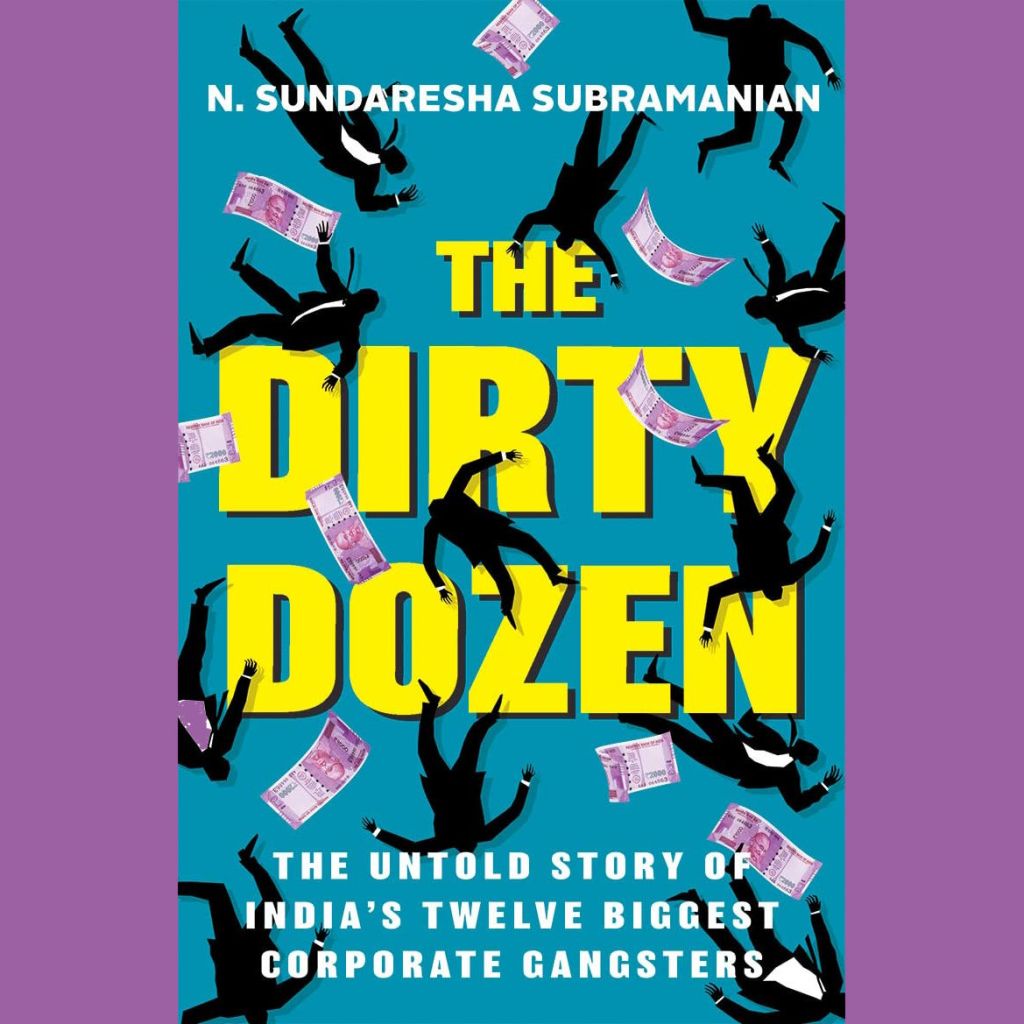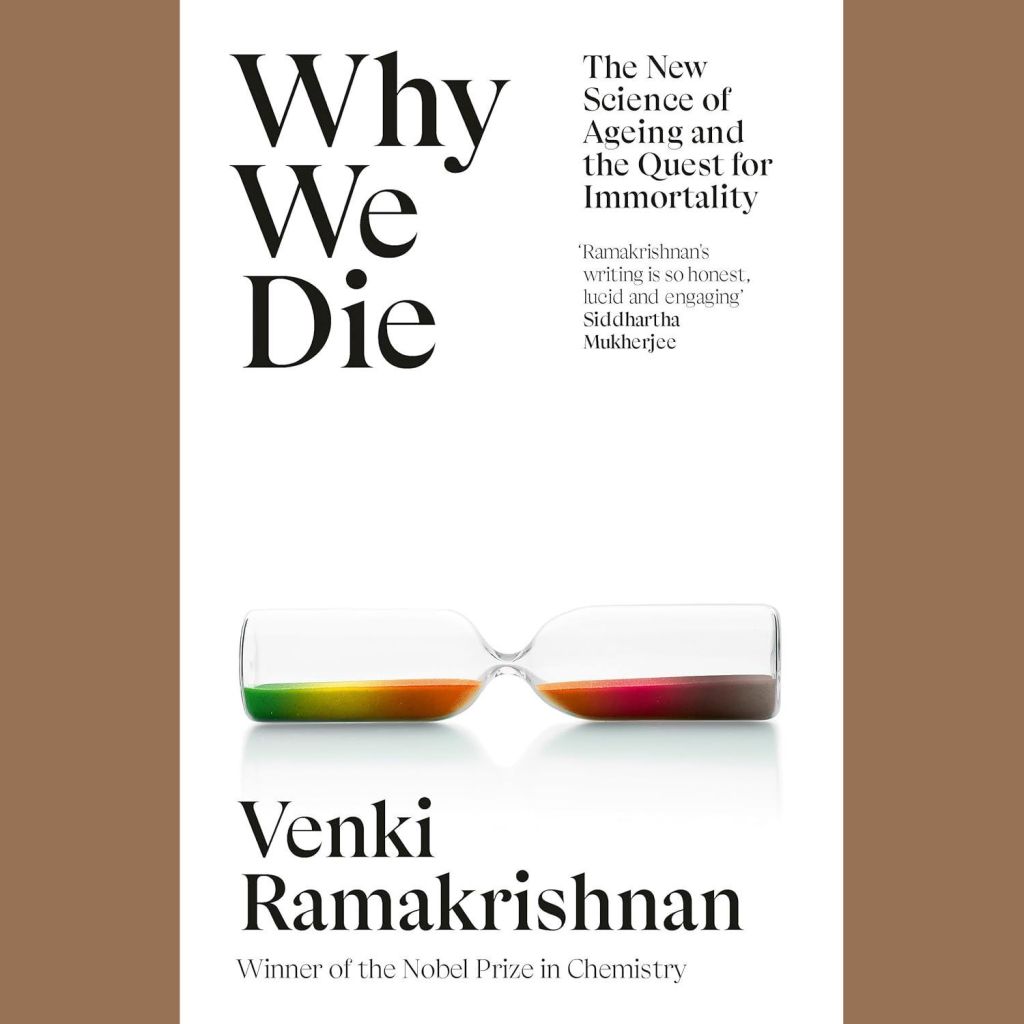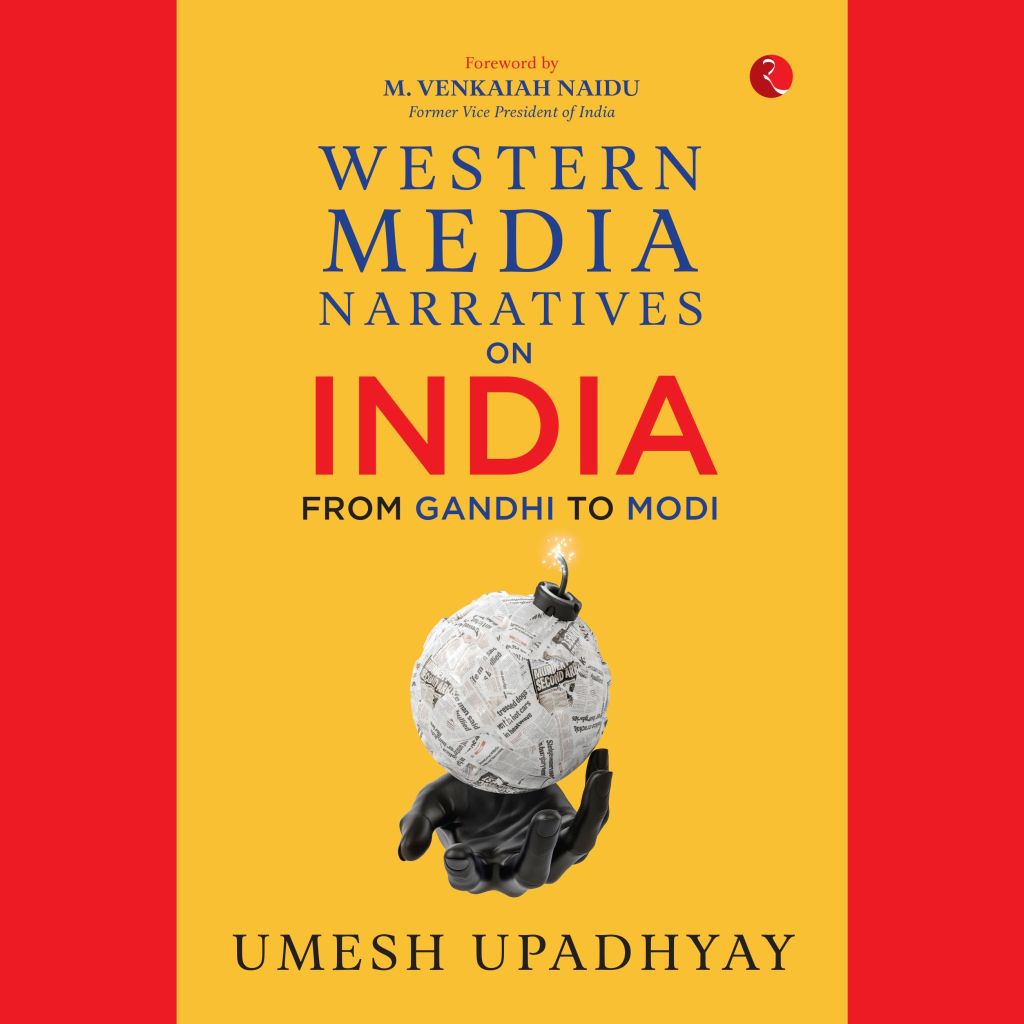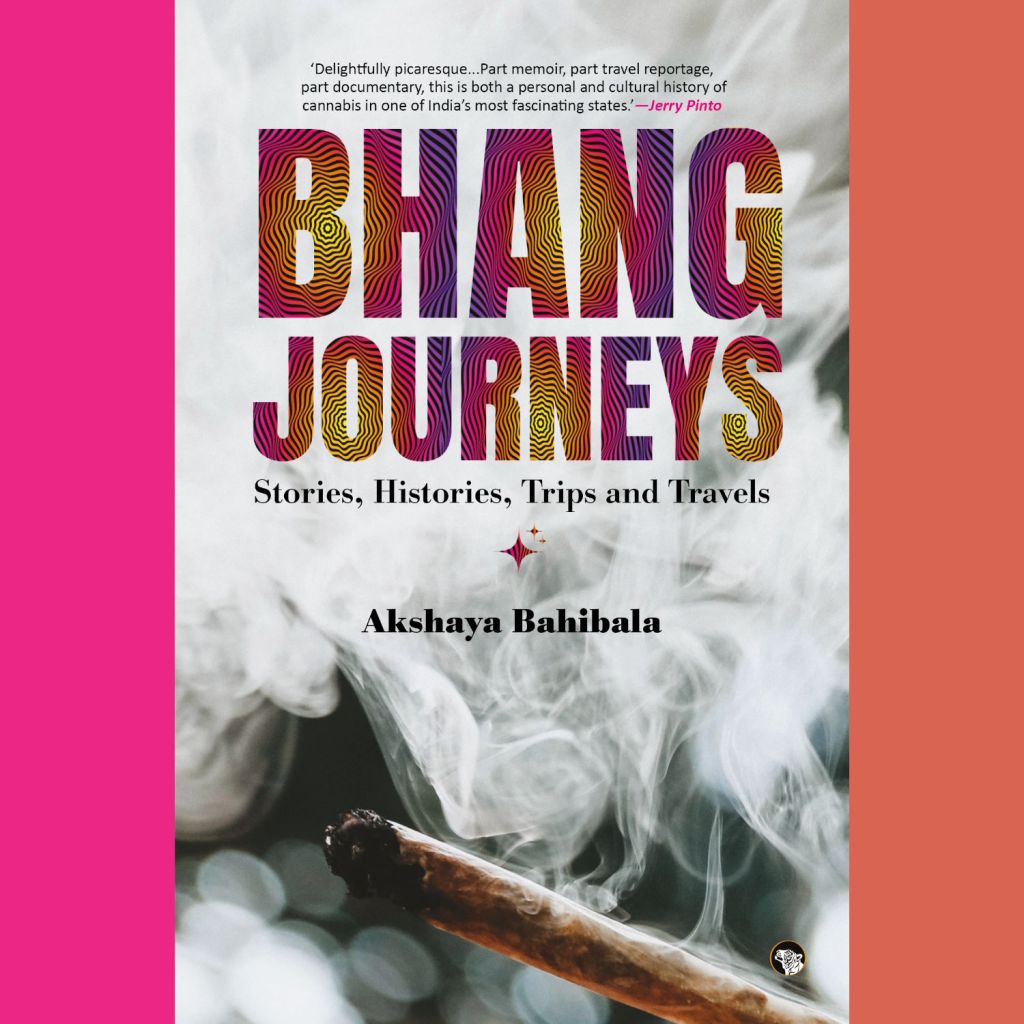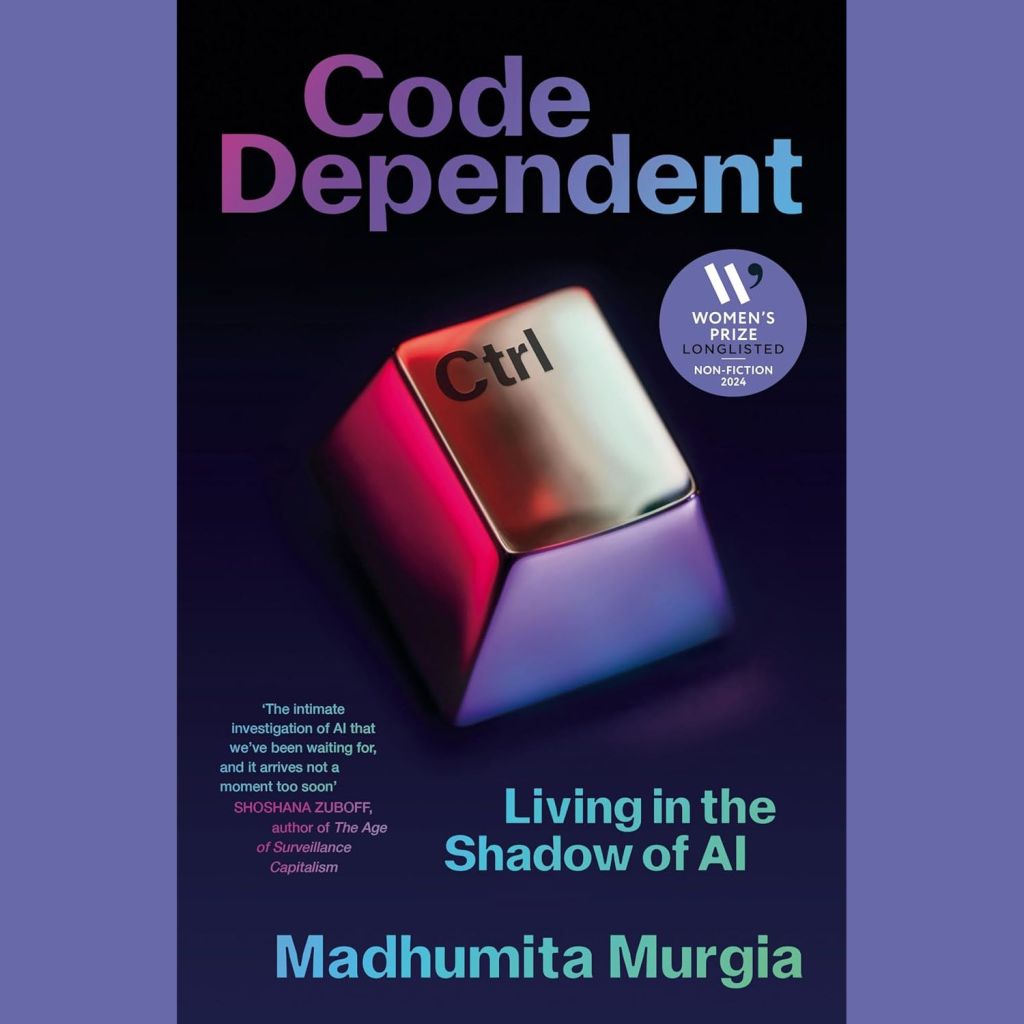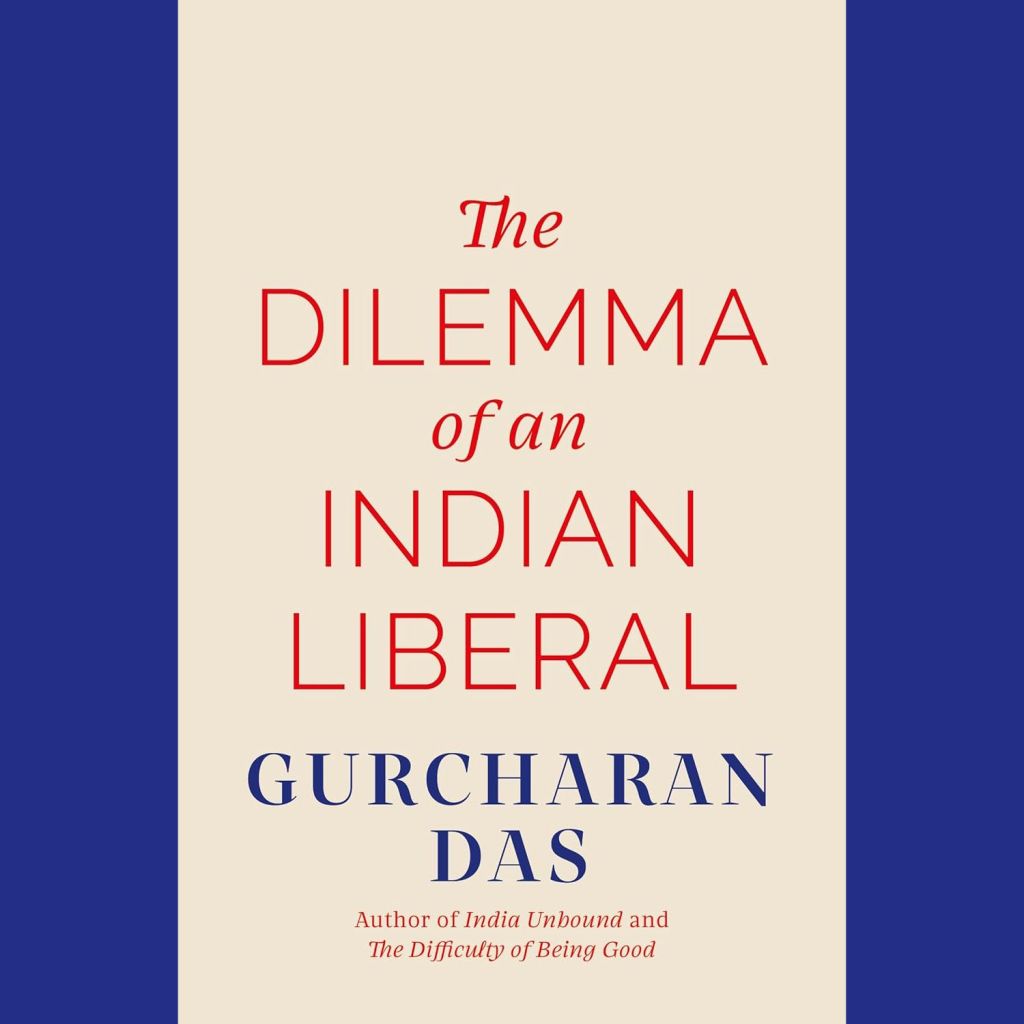In terms of the storyline, character development and dialogue among the story’s characters, is there a common thread that runs through all your books?
Because the real-life history of F1 has hosted some quite extraordinary goings on – the likes of industrial espionage, rule bending, bribery, political double-dealing, commercial shenanigans, etc – it would suggest that short of guns and dead bodies very little would be far-fetched in a Formula 1 story. Even so, I like the idea of inspiring fictional stories from real-life events:
Driven was inspired by the 2007 Spygate scandal, as mentioned above;
Crash was modelled on the tragic deaths of 83 people in the Pierre Levegh crash at Le Mans in 1955, as well as being informed by the ordeal suffered by the principals of the Williams Formula 1 Team who were dragged through the Italian courts for 10 years after the loss of Ayrton Senna at Imola in 1994;
The Ringmaster focuses on a powerplay for control of the sport, rooted in a representation of the real-life commercial and political history which turned Formula 1 from the pastime of rich playboys into a multi-billion dollar business.
Character-wise, I like the idea of clever, resourceful people, particularly strong women. For inspiration, my wife is a former professional competitive horsewoman. What marks out that sport for particular attention is that it’s the only physical sport where men and women compete on equal terms. I find that dynamic fascinating, and have revelled in exploring aspects of intense competitiveness and its consequences in the stories.
In fiction, what are the things an author must focus on, in order to make the story very engaging for readers?
That, there, is a profound question! I fear even a hundred-thousand-word University dissertation might struggle to get close to an answer! Ideally, a story should take the reader somewhere very quickly and that setting should feel real enough to suspend disbelief. Characters need to be drawn clearly enough so that they are warmed to or hated. Events need to happen quickly, to convey a sense of pace, action and conflict; but then, just when everything is looking set and familiar, things need to be disrupted: if the characterization has worked, the reader should then feel enough for the individuals as they tackle the unexpected developments, such that they start rooting for them to succeed or to fail.
Finally, the crucial element to making a story work is the matrix of pace – of the plot, the character arcs and, most importantly, in the writing style. My goal is to have a reader, should they break from a story, longing to go back to it – just like getting hooked on a boxset and wanting to binge-watch the whole thing. The ultimate thriller component is to reveal unexpected but completely plausible twists that have the reader responding: Wow!

After the huge success of the Netflix documentary series about Formula 1, Drive to Survive, a fictional representation of the sport may well be of interest for film and/or TV. Have you received any interest in putting your thrillers on the screen?
I have, actually – which could be very exciting; such a prospect, though, is not without its stresses! Having invested so much to make the books authentic, which I feel has been vindicated by some of their weighty endorsements, I am determined any screen representation maintains that authenticity: for this reason I have turned one of the offers down. With the right collaborative team, a series of TV shows or films set in Formula 1 would have to be a pretty good bet in providing superb entertainment in a brand-new and glamorous setting. The books could launch a near-inexhaustible source of varied, fresh and changing content and storylines. I am very open to the right offers.
Do you follow F1 closely and watch most races?
Yes. To me, the 2021 season, with the down-to-the-wire shoot-out between Lewis Hamilton and Max Verstappen, was the first time since Kimi Raikkonen’s championship win in 2007 that Formula 1 out-delivered on expectations. If every season was like that, I wouldn’t have felt the urge to write the books! In too many of the intervening seasons, though, I found myself experiencing the same frustrations that led to my writing the stories in the first place! When the Formula (the set of official rules that defines the cars and their technical limitations) falls short and leads to predictable races, or the championship contest is concluded months before the end of the season, l cannot stop my mind wandering and my hand reaching for a pen!
Any all-time favourite F1 racers and teams?
Without doubt my never-to-be-exceeded Formula 1 heroic pairing is Jackie Stewart and Tyrell Racing. Ken Tyrell defied Enzo Ferrari’s disparaging slur of British teams being garagistes, as his car was literally built in a shed and from which he won two World Championships, beating the leviathan teams, including Ferrari. It’s impossible to cross-compare the brilliance of drivers from different eras and cars, but Sir Jackie drove at a time when life-expectancy for grand prix drivers was one or two seasons, at best: safety had hardly been thought of, the brute power of the cars was terrifying, crashes were more often than not fatal, with fire being the biggest killer. For all that, Sir Jackie pushed himself and his car to the absolute limit. If you haven’t seen it, I implore you to watch Weekend of A Champion, a fly-on-the-wall documentary which followed him driving at the Monaco Grand Prix. That brilliant film shows them racing on the roads through Monte-Carlo, as they do now, but it then had 9-inch kerbs edging the track and people actually walking along the pavement as cars race by at 150 miles an hour. Sir Jackie is seen driving at his peak – as he commits to the limit, relying only on mechanical grip, with none of the fancy hydraulics or electronic aids of today’s cars.
Do you think there was ever a ‘golden age’ for F1 and if so, what era was that?
I think that depends on what F1 means to you! For wheel-to-wheel drama, the Golden Age would have to be the 1985 to 1993 era which saw the intense Ayrton Senna / Alain Prost rivalry. In those nine years, these two drivers won seven world championships between them.
From a technological point of view, I would say the Golden Age was the time of the ground-effect cars – when aerodynamic brilliance was introduced including the lowering of skirts onto the track down either side of the cars which almost stuck the cars to the road.
In terms of personalities, my Golden Age would encompass the time during which the sport was led by Bernie Ecclestone.
While for scandal, the Golden Age would have to be the Spygate saga of 2007.
With the move towards electric mobility and the coming of Formula E, what do you think is the future of F1?
To be perfectly honest, if I had a proper idea of this, I’m pretty sure I wouldn’t be sitting here! Success for an organization normally depends on the entity having a core competence of some kind. Looking at Formula 1 as a sport, I would contend its core competence is innovation. So long as that creative drive is not stifled by setting unrealistic targets or restrictions, I’d be confident Formula 1 will be able to find a way to thrive and produce the ultimate stage on which man and machine can race.
What are the chances of the sport ever seeing another ‘ringmaster’ like Bernie Ecclestone?
There could only ever be one Bernie Ecclestone, full stop … new chapter. By most measures, today’s Formula 1 as an organization / as an organism would be described as established, with well-identified roles and participation for the various stakeholders. There is always the possibility of a powerful personality emerging as a dominant figure, but that normally occurs after catastrophic disruption or a collapse of some kind. Nowadays, even if such circumstances did arise, I doubt any one individual would be able to involve themselves in as many aspects of the sport and decision-making as the Ringmaster, Bernie Ecclestone, did.
Which platform do you think is better for promoting book sales – online (Amazon and/or other sites) or offline (actual bookshops)?
Unless a considerable budget is available, bookshops do not promote books – they simply display titles passively. And it’s better for my blood pressure not to talk about margins: for a bookshop to stock a book, the publisher is screwed on price through massive discounting, then they can be hit with carry fees and finally with return policies. To the publisher, let alone the author, margins on sales via bookshops are pathetic.
Online sites, such as Amazon, do offer promotional deals, where prices can be discounted for extra prominence, but the principal appeal of selling a book through the likes of Amazon is that all pricing decisions sit with the publisher and author, making this route a lot more attractive.
Do eBooks sometimes do better than actual, physical books in some cases?
I guess the discussion here lies in the meaning of ‘doing better’? In my experience, eBooks sales – despite their prices tending to be less than the paper version – have been pretty similar; consequently, I would see their principal attraction being to offer readers a different medium. From a margin perspective, eBooks while even priced lower do considerably better than paper as their price / cost structure generates better royalties to the publisher and author.
What is your personal take on devices like the Kindle? The audiobook format?
Absolutely brilliant, if you enjoy reading off a screen. To the reader, they offer extraordinary control, flexibility and convenience. For people who travel, they allow someone literally to take their library with them, and my favourite dynamic is the idea of finishing a book on a sun lounger and being able to purchase and download the next title without having to move, interrupt one’s tan or disturb one’s drink.
Audio recordings, too, are a superb alternative medium for transporting stories and imaginations, convenient to people who want to ‘read’ on the move or to listen while they’re doing something else.
What kind of books do you personally enjoy reading? Favourite genre? Any favourite authors?
I read for entertainment, so I focus largely on thrillers. My favourite non-fiction genre is History. Definitely Thrillers – Ian Fleming, Dick Francis, Frederick Forsyth, John Grisham, Robert Harris, Michael Crighton.
What are the two or three most remarkable books you’ve read in the last 2-3 years?
Sadly, I’ve not come across any life-changing ones over that time frame. The books I read over and over, though, are:
The Godfather by Mario Puzo
Pride and Prejudice by Jane Austen
The Prince by Niccolò Machiavelli
The Daughter of Time by Josephine Tey
adventure advertising Allahabad Apple astrology audiobooks Banaras best-of lists Bombay book marketing business Calcutta cheap reads cityscapes corporate culture design fiction food Hinduism hippies history India Japan journalism journalists libraries literary agents memoirs memories money Mumbai music my life with books Persian photojournalism Prayagraj publishers publishing science-fiction self-help technology travel trends Varanasi wishlists
More Stories:


